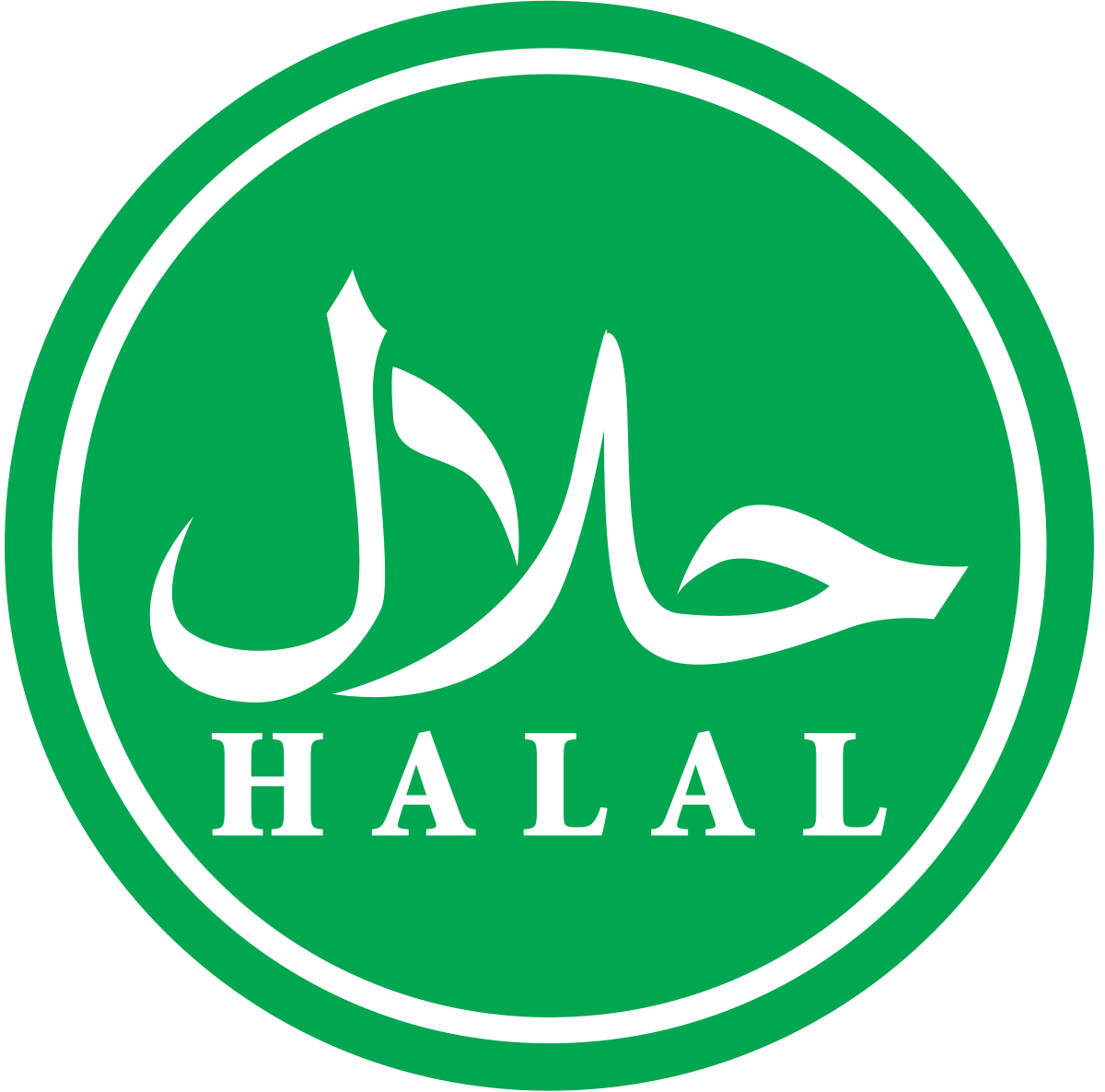
Halal certification is an essential process for businesses that want to cater to Muslim consumers. The term “halal” refers to what is permissible or lawful according to Islamic law, and the certification process ensures that products meet the strict dietary and ethical standards outlined in the Quran and Hadith. For businesses in the food, beverage, cosmetic, and pharmaceutical industries, obtaining halal certification is crucial to building trust with a significant market segment.
What is Halal Certification?
Halal certification is a formal approval granted by a recognized Islamic authority, indicating that a product, service, or process complies with Islamic guidelines. The certification can be applied to a wide range of products, including food, beverages, cosmetics, pharmaceuticals, and even non-consumable goods. This process is crucial for Muslim consumers who seek products that align with their religious values.
The Importance of Halal Certification
Halal certification ensures that businesses maintain transparency and adhere to ethical practices that meet the religious requirements of Muslim consumers. Halal certification is not limited to food products but extends to any item that could be used or consumed. Products that are halal-certified are free from prohibited ingredients such as alcohol, pork, and other non-halal substances.
This certification not only supports the Muslim community’s religious beliefs but also helps businesses access a larger market, especially in Muslim-majority countries or regions with significant Muslim populations.
Halal Certification Process
The halal certification process generally involves several key steps to ensure compliance with Islamic law. Here’s an outline of the process businesses go through:
1. Application Submission
The first step in obtaining halal certification is to submit an application to an accredited halal certification body. The application will include detailed information about the product, its ingredients, and its production methods.
2. Inspection and Auditing
Once the application is submitted, the certification body conducts an inspection and auditing of the business premises. This may include inspecting the production lines, storage facilities, and even the supply chain to ensure that no prohibited substances (such as alcohol or pork derivatives) are involved.
3. Product Testing
In many cases, the certification body may require product testing to confirm that the products meet the halal standards. This step ensures that there is no contamination with non-halal substances, especially if the products are produced in facilities that also handle non-halal products.
4. Certification Approval
If the business passes the inspection and testing, the halal certification body issues a certificate. The product can then display the halal certification logo on its packaging, indicating to consumers that the product is compliant with Islamic dietary laws.
5. Regular Audits and Renewals
After certification, the business is typically subject to periodic audits and inspections to ensure ongoing compliance. Halal certification is not a one-time event but an ongoing commitment to maintaining halal standards. Some certifications need to be renewed annually or bi-annually.
Benefits of Halal Certification
There are several benefits for businesses that obtain halal certification, including:
1. Access to a Growing Market
The global Muslim population exceeds 1.8 billion people, creating a significant consumer base for halal-certified products. Halal certification opens doors to international markets, especially in Muslim-majority countries such as Indonesia, Saudi Arabia, and Malaysia.
2. Building Trust with Consumers
Halal certification helps build consumer trust by reassuring them that the product meets the necessary religious and ethical standards. Muslim consumers feel more confident purchasing products that are certified halal because they know the product complies with their beliefs.
3. Ethical and Transparent Practices
By adhering to the principles of halal certification, businesses demonstrate their commitment to ethical practices and transparency in sourcing, manufacturing, and handling products. This commitment not only benefits Muslim consumers but also appeals to ethically conscious buyers from all backgrounds.
Key Halal Certification Organizations
Some of the most well-known halal certification bodies include:
- The Islamic Food and Nutrition Council of America (IFANCA)
- JAKIM (Department of Islamic Development Malaysia)
- Halal Food Authority (HFA)
- European Halal Certification (EHZ)
- The Halal Certification Agency (HCA)
These organizations maintain high standards for halal certification and are widely recognized across the globe.
FAQs About Halal Certification
What is the difference between Halal and Haram?
Halal refers to what is permissible or lawful according to Islamic law, while haram refers to what is forbidden. For instance, pork and alcohol are haram, while foods like chicken and fish can be halal if prepared according to Islamic guidelines.
How do I know if a product is Halal-certified?
A halal-certified product will typically display a halal certification logo or symbol on its packaging. This logo indicates that the product has been inspected and approved by a recognized halal certification body.
Is Halal certification only for food?
No, halal certification extends beyond food. It can apply to beverages, cosmetics, pharmaceuticals, and even cleaning products, as long as the production processes align with Islamic principles.
Can non-Muslims buy halal-certified products?
Yes, non-Muslims can buy halal-certified products. Halal certification primarily caters to Muslim consumers, but non-Muslims may also choose these products for reasons related to quality, ethical sourcing, or dietary preferences.
How long does it take to get Halal certification?
The time it takes to obtain halal certification can vary depending on the product, the certification body, and the complexity of the inspection process. Generally, it takes several weeks to a few months to complete the certification process.
Conclusion
Halal certification is essential for businesses looking to cater to the growing Muslim consumer base worldwide. It ensures that products meet Islamic dietary and ethical standards, building trust and access to international markets. Whether you’re in the food, cosmetic, or pharmaceutical industry, obtaining halal certification is a strategic step toward broadening your customer base and ensuring that your products align with the values of Muslim consumers.




Leave a Reply